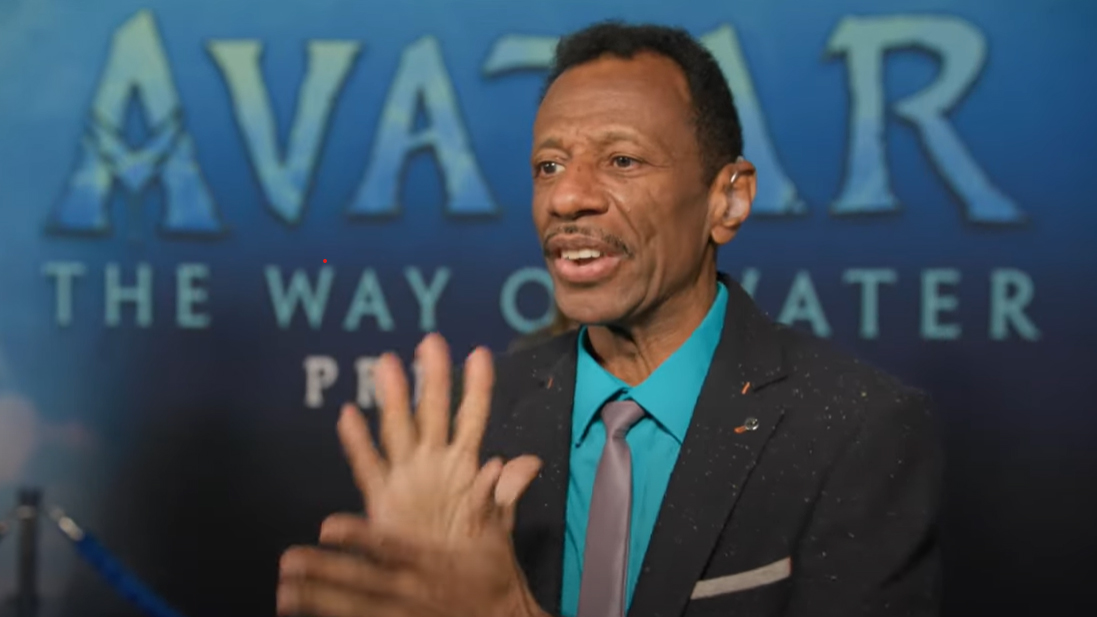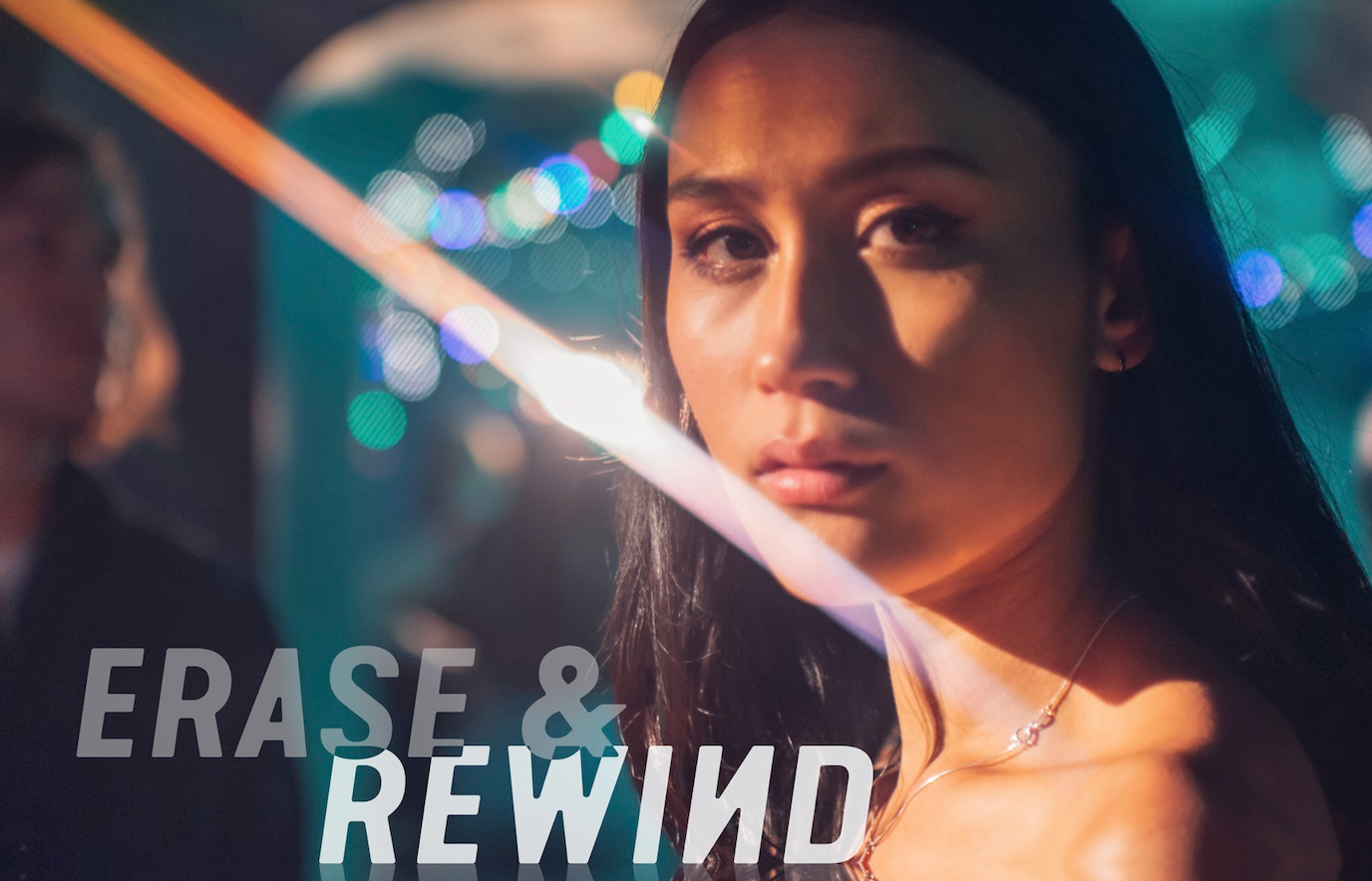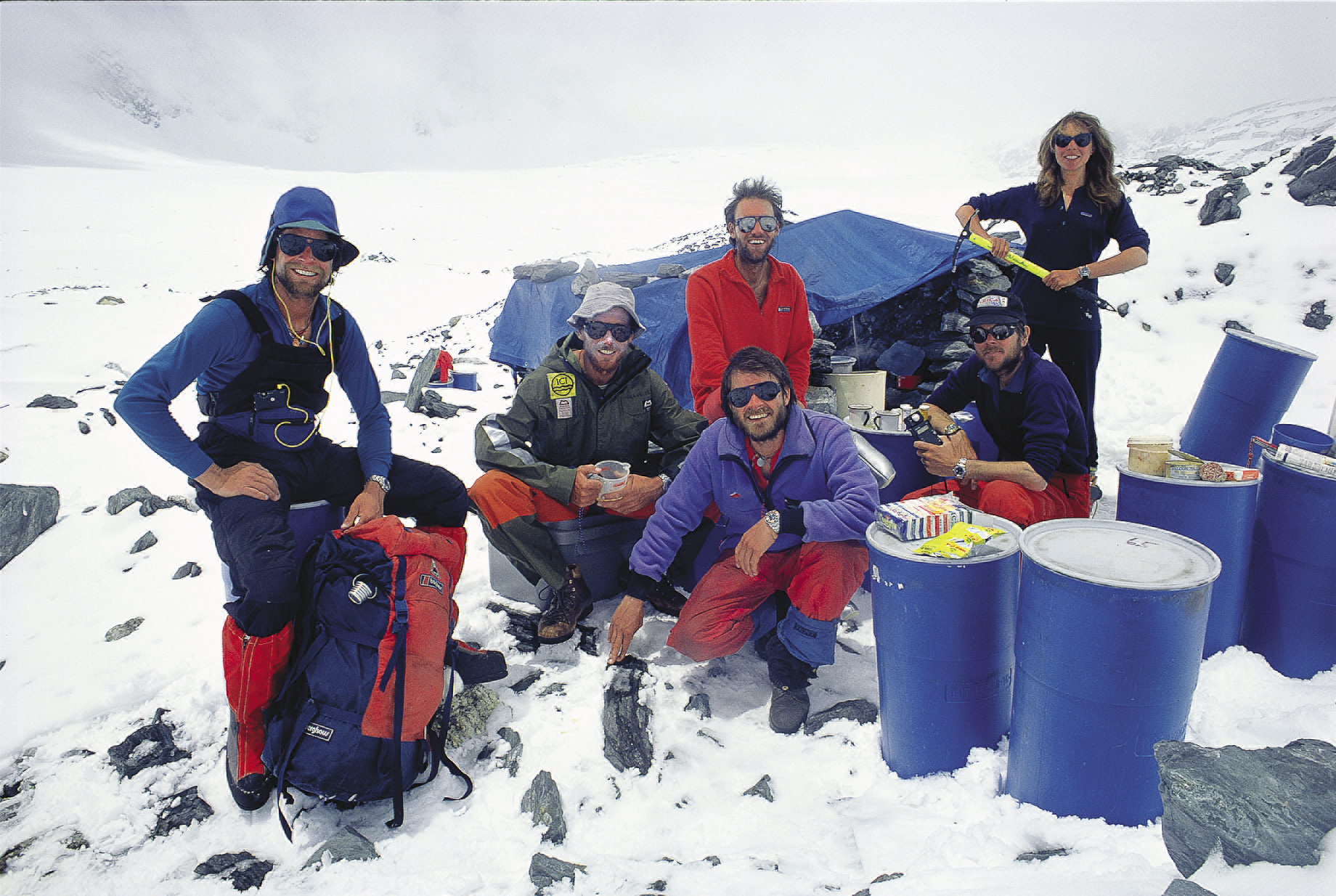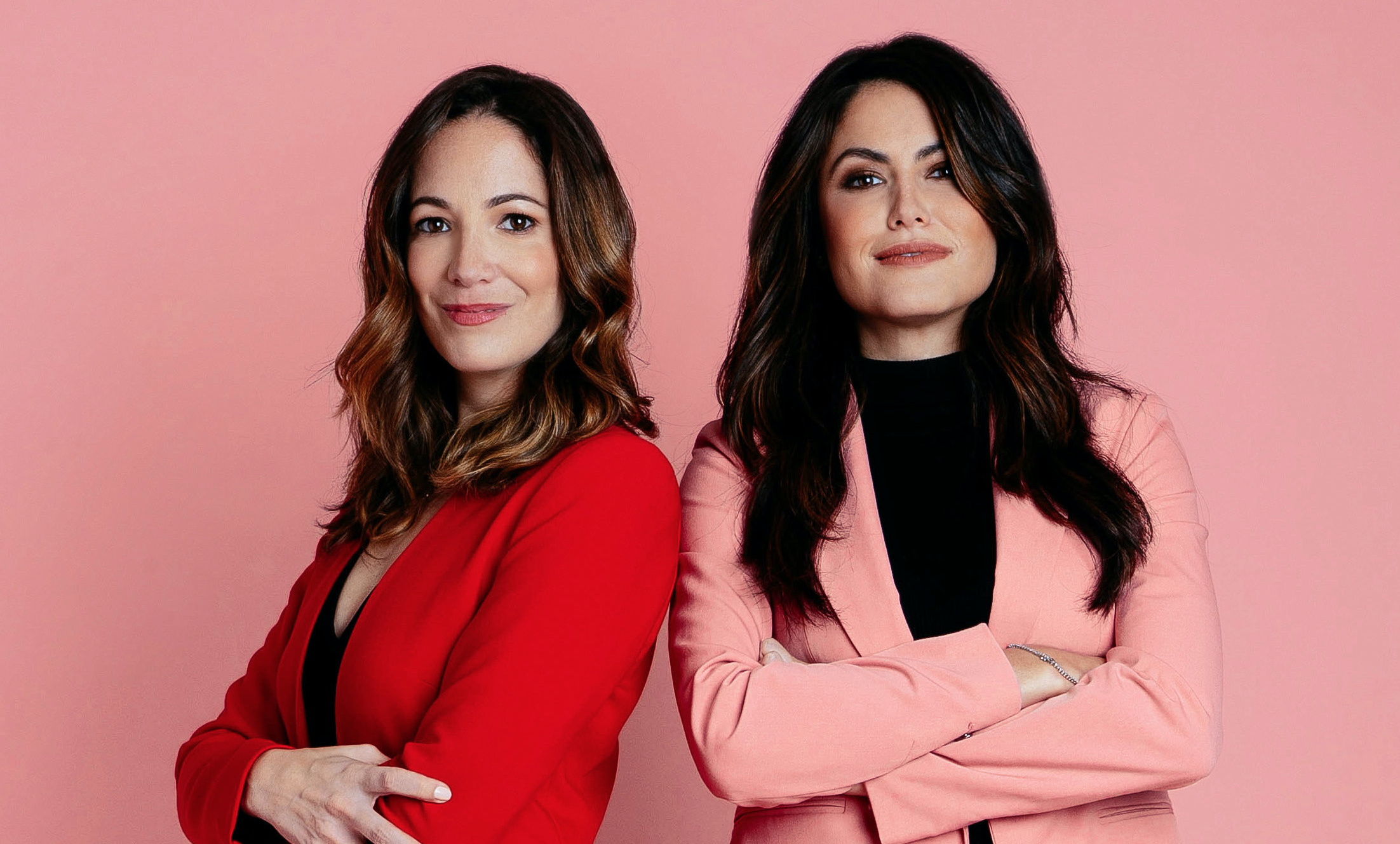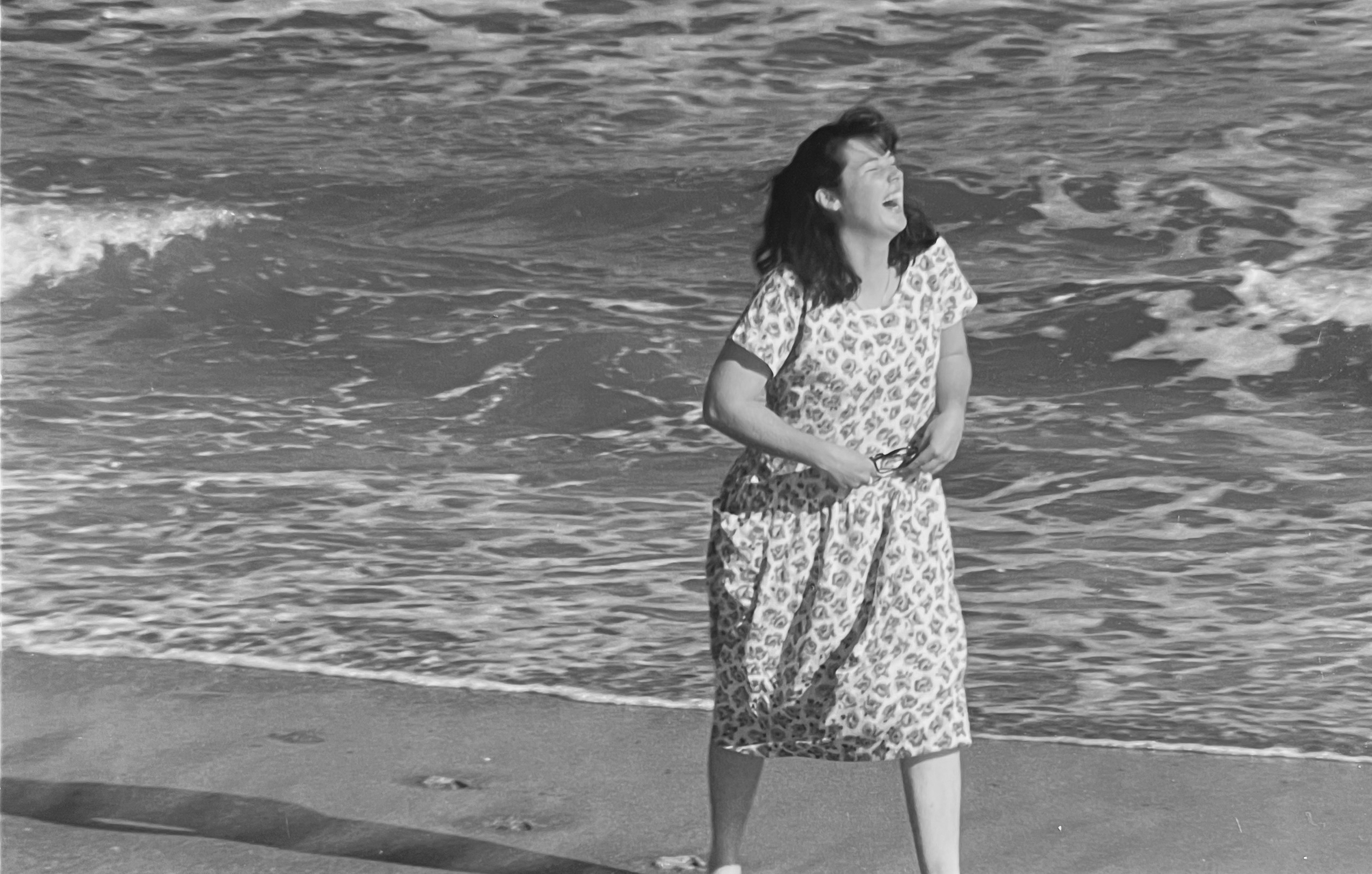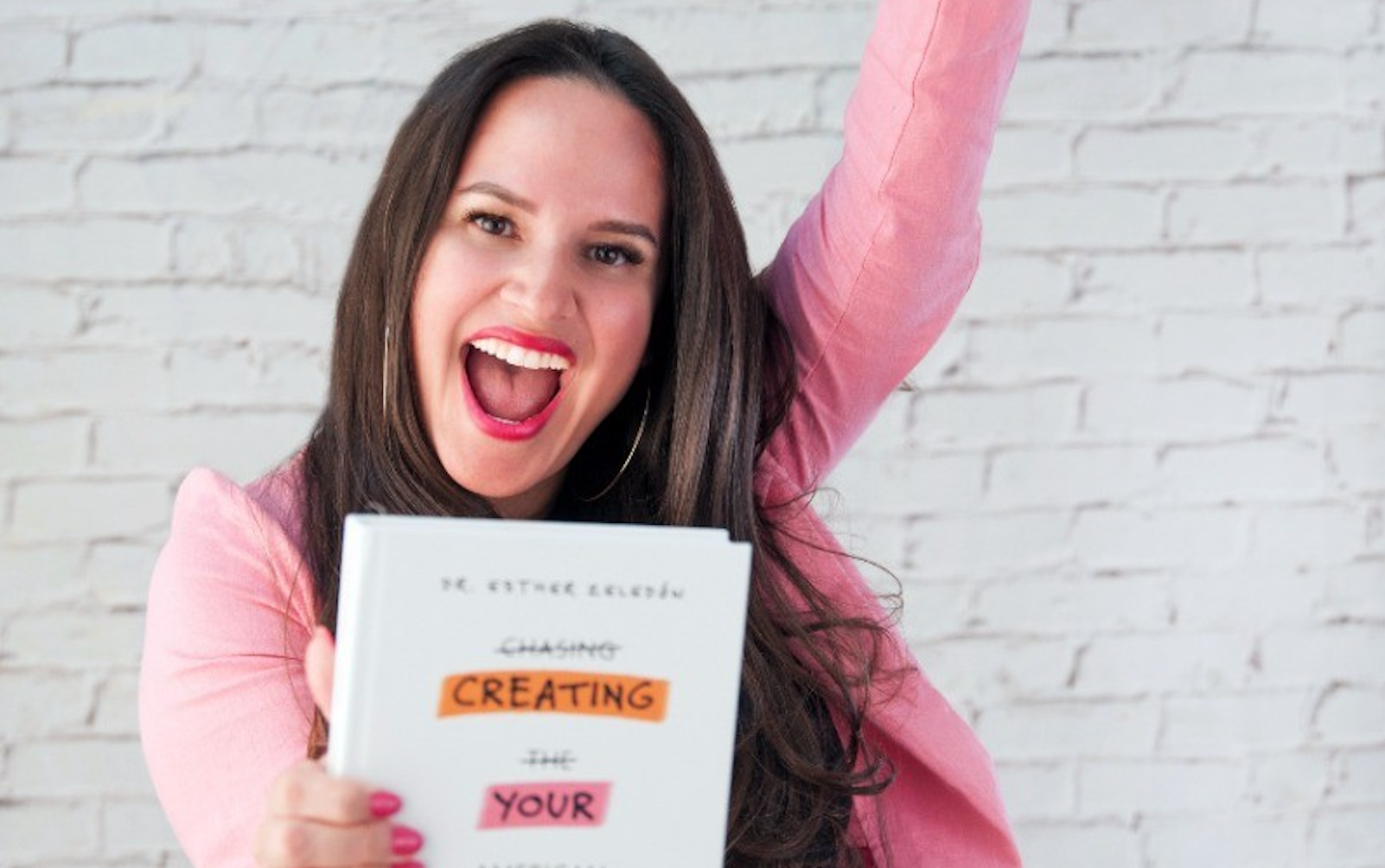
By Hayley Mundeva for Girl Effect
Imagine waking up–still feeling tired–wondering what time it is.
“Is it too early?”, you ask yourself. “Or is it time to start my day?”
After scratching the sleep out of your eyes, you turn towards the clock. But you’re not able to see the time.
That’s a typical occurrence for Yvonne Nkaka Uwicyeza, who was born with a visual impairment. She can only see vague outlines of objects. To see things more clearly, she moves very close to them, while straining her eye–her right, that is–as her left has no vision. Even then, objects still appear blurred.
As she does each morning, Yvonne squints and realizes it’s time to get going. It’s 6:00am. She’s then tasked with walking to the washroom–without tripping–during an hour of low light and visibility.
Despite this, Yvonne hasn’t started one of her biggest tasks for the day: making her way to the Girl Effect Rwanda office, where she works as a journalist. After grabbing breakfast, she walks outside and by herself, navigates her way to the end of the street. She does all of this by memory and without a walking cane. Once there–with the traffic whizzing by–she flags down a motorcycle driver.
For many people, hopping on a motorcycle is difficult. Yet as she does each morning, Yvonne does it with ease and swiftly hops on. Once the driver releases the parking brake and hits the accelerator, she’s on her way to the office.

After she has arrived, she disembarks, walks towards the elevator, and presses the button for the fourth floor. Once again, she does this all by memory. As the door opens, she navigates to her desk, where she can finally begin working.
Although it’s a feat, this day is easier than one involving field visits. As a determined, young journalist working in ‘the land of a thousand hills’, Yvonne often finds herself gathering stories in rural areas, on steep and uneven terrain. But Yvonne is more than capable, and with the help of her colleagues, she finds her way to locations and carries out interviews with confidence and poise.
To assist Yvonne in her work, she uses technologies like the ‘Orbit Reader’, which translates her interviews into Braille so she can quickly and easily keep track of questions and responses.

In Rwanda, according to the World Health Organization, approximately 400,000 people are living with visual impairments, and 1 out of every 100 children are born with visual impairments. To ensure equal and fair opportunities, the government has worked to promote the rights of people living with disabilities, including visual impairments.
In 2013, Rwanda signed the Marrakesh Treaty, along with several countries, which aims to advance inclusive education through measures like making Braille textbooks readily available and accessible. And in 2018, the government adopted an Inclusive and Special Needs and Education Policy, which strives to promote learning opportunities for visually impaired people through the use of accessible, digital learning materials.
Only through supportive measures such as these can all people take full advantage of opportunities around them.
Equally important is the support gained from families and communities. Yvonne’s parents were committed to not letting their daughter’s eyesight determine her future. They took her to numerous doctor appointments as a child, and eventually, doctors found a solution that allowed Yvonne to go from a complete visual impairment at birth to now having limited visibility. Yvonne’s parents also sent her to a specialized primary school in Rwamagana district, which accommodates visually impaired students.
“I will be showing the whole world that visually impaired people can be amazing and can be big people in the world.”
All of this enabled Yvonne to consider a career in journalism. In fact, because of this environment, it was a dream she hardly questioned.
“When I was like five, I was like, ‘I will be a journalist.’ [Whenever] I listened to the radio or TV at home, I was like, ‘I will be like those journalists. I will be on the television. I will be on the radio. I will be listened to. I will be famous and I will be showing the whole world that visually impaired people can be amazing and can be big people in the world.’”
Yvonne moved towards this vision by completing a Bachelor’s degree in Journalism and Communications from the University of Rwanda in August 2021. And now, she’s fulfilling that dream by working as a journalist–and as the first employee living with a physical disability–at Girl Effect Rwanda. In her role, she covers top stories encouraging girls to make healthy and wise decisions. Like this one, which motivates young people to wash their hands and prevent the spread of COVID-19.

In the two years since Yvonne joined Girl Effect, in many ways, her visual impairment has become a strength in her journalism. As she notes, “I’m a good listener,” as she’s quick to pick up details and observations that many overlook.
But on top of that, due to the roadblocks Yvonne’s already overcome, she’s built a genuine level of confidence and humour that many admire. This comes in handy when Yvonne is sometimes met with skepticism from interviewees. She’s been asked questions before like, “How are you a journalist?” or “How are you going to ask me questions if you’re visually impaired?” Yet Yvonne’s inner sense of confidence and wit would awe and amuse almost anyone. She’s quick to respond, “Oh…eyes can’t talk and ask. So I’m going to use my mouth.”
But perhaps Yvonne’s biggest strength is her purpose, which directly emerged from her setbacks.
“When I was young, I was like, ‘I will be a big voice for visually impared people.’ So through being a journalist, I [can share] their wishes, their opinions.”
And now she’s doing exactly that–advocating for others as a journalist. In fact, she recently covered a story on visually impaired students from her own primary school.
While some may see Yvonne as a pioneer and inspiration, she is more than that. She is a result of what’s possible when supportive systems are built–from family, to specialized education, to enabling technologies, and employers devoted to inclusivity.
Moving forward, Yvonne hopes to see more people living with disabilities thriving in workplaces and setting big dreams for themselves. When asked what advice she would share with others living with disabilities and/or visual impairments:
“Be sharp. You have to expose your ideas. Never be a shy person…show off your ideas, your opinions…I would be telling them to be motivated by your colleagues, like, for example, me. When you’re seeing me or visiting me at Radio Rwanda, ask yourself, ‘Why not you?’ You can do that. You can even do better than me.”
So take Yvonne’s words to heart. Ask yourself, “Why not you?” What will you accomplish tomorrow? After all, it all begins the moment you get up and start your day.


Hayley Mundeva is a communications specialist who has worked in communications and storytelling roles for global health and development organizations. Over the past 7 years, she has worked on projects in East Africa including Tanzania, Malawi, Ethiopia and Rwanda. Within her work, Hayley is most passionate about helping people and organizations find new ways to convey their stories and undertakings so they can achieve their goals and maximize their community impacts. You can follow her on Twitter and connect with her on Linkedin.
Connect with Ni Nyampinga, Rwanda’s first youth brand, on Instagram and Twitter.











